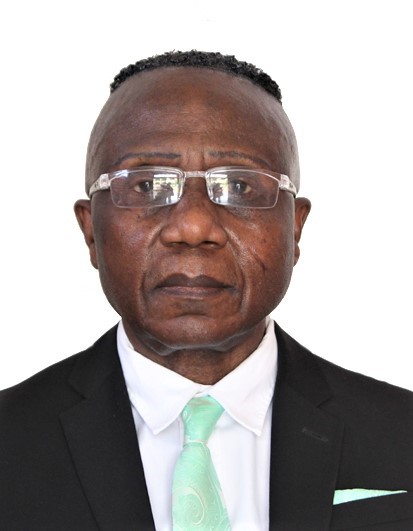The Institute of Economic Affairs (IEA) will on Wednesday, August 23, 2023 hold an international conference to discuss its findings and proposals on poverty alleviation in the country.
The conference – the third phase of its collaboration with Chinese Scholars in Poverty Studies and with funding from the Chinese Embassy in Ghana – will see a convergence of scholars from China and the West African region, sector ministers, lawmakers, academics and members of civil society organisations.
“The main aim of this project is to get policymakers and development planners to rethink Ghana’s approach to poverty reductions, and adopt a more targetted approach that can produce significant poverty reduction results similar to those of China,” the policy think-tank said in a press release.
The project seeks to pilot China’s Targetted Poverty Alleviation Model at three localities in Ghana: namely Fotobi (pineapple growers) and Dzatsui New Town (pawpaw and mixed farming) in the Nsawam Adoagyire municipality, and Chorkor (fishermen and fishmongers) in the Accra metropolitan area.
The project involves four sequential phases commencing with preliminary field research to comprehend the nuances of poverty and economic opportunities within the three specific localities; followed by an evaluation of the Chinese blueprint for poverty alleviation and culminating in the design of a bespoke model to address poverty in Ghana with the aforementioned conference; and, finally, the project transitions into a pilot implementation phase, wherein the poverty alleviation strategy is put into action in the designated regions.
The first two phases of the project (research and design of poverty alleviation model) have been completed.
“If successful, this model will be advocated for adoption in West African countries with similar characteristics to Ghana,” the Institute’s communique noted.
As a component of the project, a quartet of Ghanaians (comprising two individuals from the IEA research team and two from the chosen communities) was dispatched to China for a fortnight-long seminar on Rural Development and Poverty Reduction tailored for developing nations. This seminar was arranged by the International Poverty Reduction Centre in China (IPRCC).
The event encompassed instructional sessions held within a classroom setting, focusing on the Chinese methodologies for addressing poverty and coupled with field excursions to designated rural areas situated in China’s Sichuan province. These visits aimed to provide firsthand exposure to various poverty reduction initiatives and their resultant impacts.
Established in May 2005 through a collaborative effort involving the Chinese government, United Nations Development Programme (UNDP) and other international organisations, the IPRCC has evolved into a pivotal hub for poverty alleviation training and the global exchange of ideas among emerging economies. Insights garnered by the quartet of Ghanaian participants during their sojourn for the Chinese seminar will be disseminated during an international conference.
This comes off within the context of heightened discussion over poverty due to unfavourable macroeconomic conditions.
Already, a report from the World Bank indicates that escalating inflation rates within the nation have resulted in significant food insecurity and poverty. In the year 2022 alone, close to 850,000 Ghanaians were pushed below the poverty line due to the combination of soaring prices and a decline in their purchasing power.
The report, titled ‘Unveilling the Impact of Inflation on Poverty and Food Security: Price Surge Analysis’, sheds light on the intricate interplay of both internal and external factors. These factors encompass currency devaluation, the steady rise of inflation rates and financial uncertainty, collectively contributing to substantial macroeconomic difficulties in the country. The repercussions extend further to exacerbating poverty and intensifying food insecurity.
By the close of 2022, consumer inflation had reached a staggering 54.1 percent year-on-year. This figure is 5.41 times higher than the upper policy target of 10 percent set by the Bank of Ghana.










